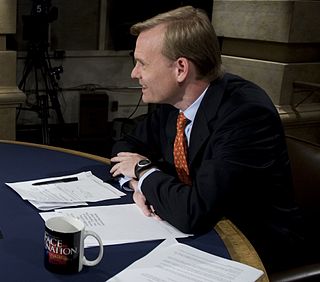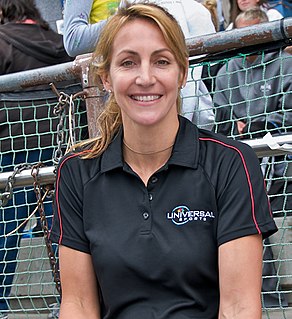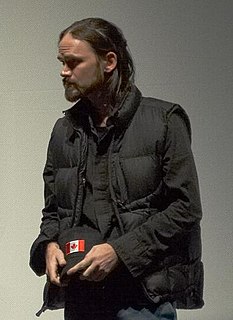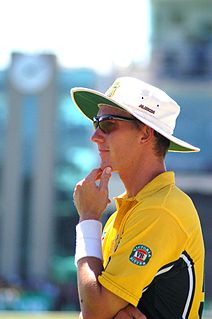A Quote by John Dickerson
When the campaign ends, and you are home, the alarm clock is the same, but you don't know where to start after it goes off: expense reports, new stories, the crusted paint cans that have to go to the hazardous-waste disposal site, the wiper blade on the Honda that has gone droopy.
Related Quotes
My travels have always been of the same kind. No matter where I've gone or why I've gone there it ends up that I never see anything. Becoming a movie star is living on a merry-go-round. When you travel you take the merry-go-round with you. You don't see natives or new scenery. You see chiefly the same press agents, the same sort of interviewers, and the same picture layouts of yourself.
When you write a novel or paint a picture, you have the opportunity to approach it and back off, tear up pages, write, rewrite, paint over, and come back to it. In film, once you start shooting, you can't restart the clock, and you keep moving forward, and you don't look back, and you don't go back. And that is, of course, antithetical to the creative process. It's really hard to generate a comfortable creative flow under that kind of pressure.
The moment the alarm goes off is the first test; it sets the tone for the rest of the day. The test is not a complex one: when the alarm goes off, do you get up out of bed, or do you lie there in comfort and fall back to sleep? If you have the discipline to get out of bed, you win - you pass the test.





























